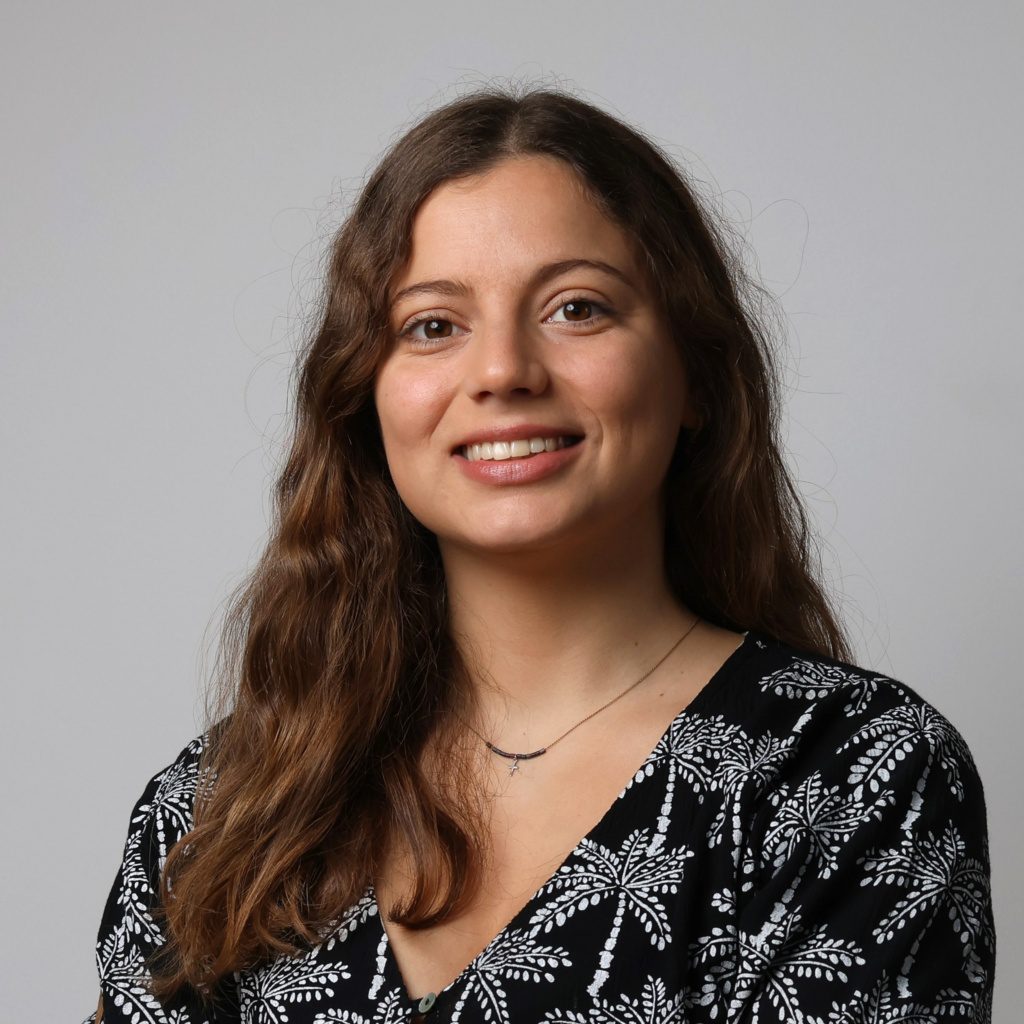Young Inventors Prize 2023: Meet our finalist
Inclusive digital learning for visually impaired children has taken a significant step forward with the development of a groundbreaking system by Filipa de Sousa Rocha. The Interactive Technologies Institute researcher developed an innovative solution which uses tangible blocks to teach digital literacy and eliminate educational barriers. Her work has earned her a place as a finalist for the prestigious Young Inventors Prize 2023. The recognition highlights the relevance of her nomination and underscores her vital role in the Interactive Technologies Institute.
According to the International Agency for the Prevention of Blindness (IAPB), approximately 90 million children and teenagers worldwide live with some form of sight loss. Educators and parents of visually impaired children face significant challenges. They can’t find mainstream educational tools and toys that do not require extensive adaptation. Recognizing this pressing need, Filipa de Sousa Rocha has developed a block-based coding system to address the issue while democratizing access to digital education.
Tangible blocks to eliminate educational barriers
Filipa’s invention, known as Block-based Accessible Tangible Programming Systems (BATS), leverages block-based programming language, where developers create sequences of instructions by dragging and dropping blocks on a monitor. In this case, the blocks are adorned with 3D foam icons representing directional movement or speaking functions used to command a robot’s behaviour. Visually impaired children can control the robot through these blocks, like playing a drag-and-drop computer game.
The BATS learning tool prototype was tested remotely with five families of visually impaired children aged 6 to 12. Despite having limited funding, de Sousa Rocha established relationships with schools, associations, and families to bring her concept to life. The participating families even provided valuable feedback, suggesting additional blocks for training other concepts such as geography or mathematics. This collaborative approach demonstrates her commitment to making computational thinking accessible to all, particularly visually impaired and blind children.
At just 27 years old, Filipa de Sousa Rocha is a highly accomplished computer engineer and researcher. She holds a Bachelor of Science in computer engineering and a Master’s in computer and information systems. She is currently pursuing her PhD in informatics at the Faculty of Sciences of the University of Lisbon. Additionally, she works as a teaching assistant at the Instituto Superior Técnico. She conducts her research at LASIGE and the Interactive Technologies Institute, under the guidance of Tiago Guerreiro (Ciências ULisboa) and Hugo Nicolau (Instituto Superior Técnico), respectively.
The European Patent Office
The European Patent Office (EPO) established the Young Inventors Prize in 2021 to inspire the next generation of inventors. It recognizes young innovators aged 30 or under who have developed technological solutions to tackle global problems. Additionally, these should contribute to the United Nations Sustainable Development Goals (SDGs). Filipa’s efforts in improving access to education directly align with UN SDG 4: Quality Education and 10: Reduced Inequalities.
The European Patent Office will announce the winner of the Young Inventors Prize at the European Inventor Award 2023 hybrid ceremony on July 4, 2023, in Valencia, Spain. They will broadcast the ceremony online, allowing a global audience to witness the celebration of groundbreaking inventions and their creators.
